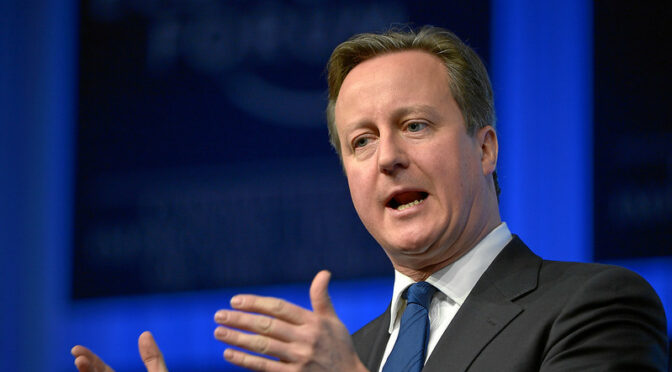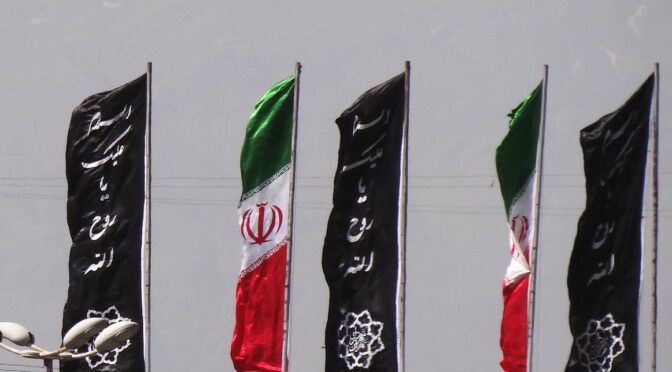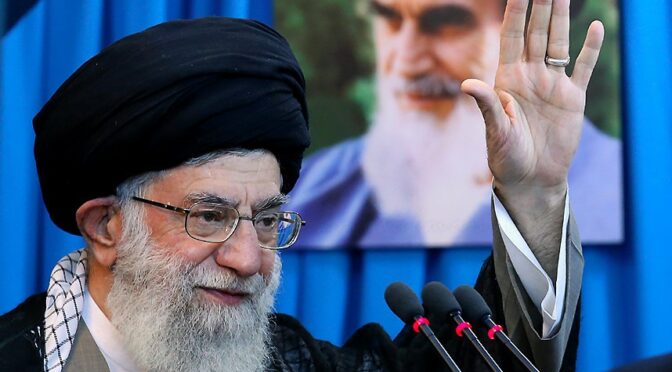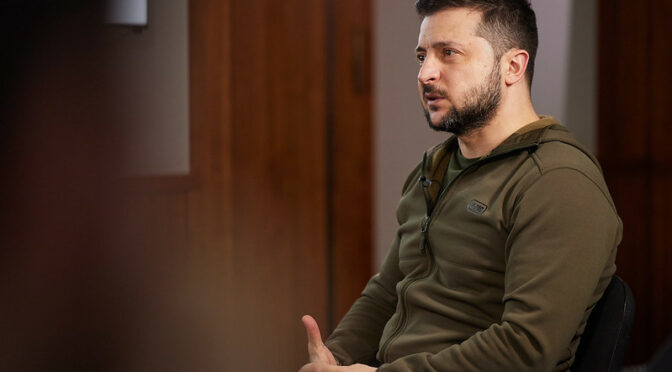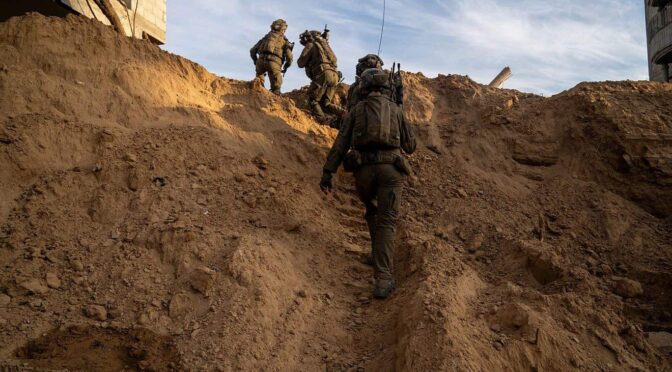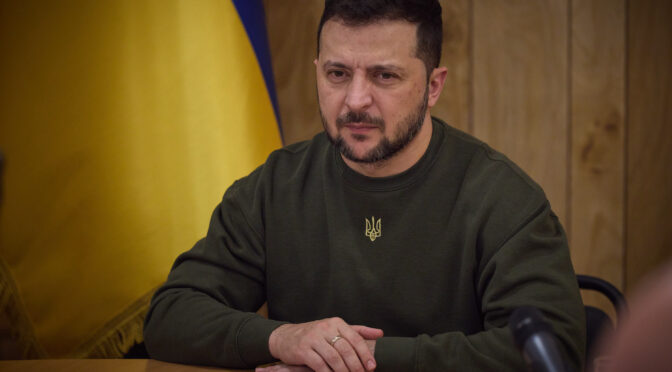Article published in The Daily Telegraph, 20 February 2024. © Richard Kemp
Just a few short months ago, the West claimed to stand united with Israel as it launched a war of self-defence after the atrocities of October 7. Now even Jerusalem’s closest allies seem to want to stop the conflict in Gaza before the Israel Defence Forces have achieved its objectives of the destruction of Hamas and the release of the hostages taken by the terrorists.
The West has developed a defeatist tendency in recent years of pursuing negotiated settlements that never really lead to peace, only to running sores that inevitably flare up again and again, or indeed to the victory of our enemies. Iraq and Afghanistan are both cases in point. The US’s new draft United Nations Security Council resolution on the war in Gaza could well be set to become another.
The text says that a major Israeli ground offensive into Rafah should not proceed ‘under current circumstances’ – that is, with a heavy concentration of refugees from elsewhere in Gaza on top of the existing residents. The US is also calling for a temporary’ ceasefire ‘as soon as practicable’.
It is what the resolution doesn’t demand that is perhaps most telling. The US appears to have little interest in practical solutions consistent with both safeguarding the civilians of Gaza and permitting Israel to achieve victory over Hamas.
The obvious place for refugees to go temporarily is across the border into Egypt, where there are vast empty spaces and infrastructure for the United Nations and Egyptian authorities to provide shelter, aid and medical assistance. But the US draft resolution seems to exclude this possibility altogether.
Egypt is understandably fearful of Hamas terrorists and their supporters entering its territory; it already has enough of a threat from like-minded Muslim Brotherhood extremists and the plethora of terrorist gangs that share Hamas’s jihadist ideology.
But the terrain in northern Sinai should allow for measures to mitigate dangers such as these, especially given Egypt’s powerful security forces. Surely, if it were truly standing behind Israel, the US would have found a way to encourage Cairo to play a role here?
It is hard to escape the conclusion that, instead, Joe Biden is no longer committed to Israel finishing Hamas off, largely because of domestic political considerations. And the danger is that what he really wants is not a ‘temporary’ cessation to the fighting, but to impose a ‘peace’ deal that would leave Hamas’s terrorist organisation partially intact and end up solving nothing.
What President Biden and his ilk seem incapable of recognising is that the Israeli people can accept no ‘solution’ to the current conflict that leaves the country in a weaker position to the one that it occupied on October 6. Continue reading

